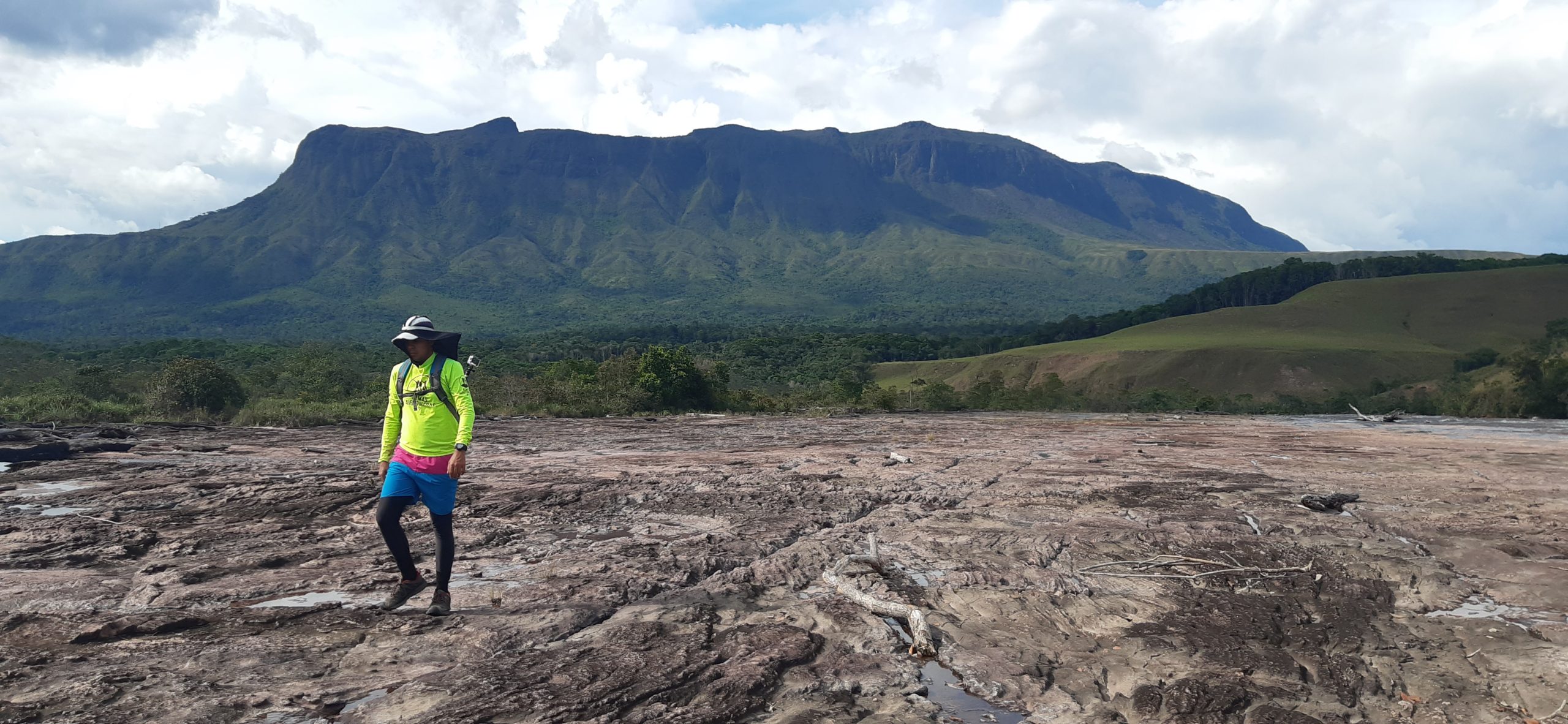The National Assembly (AN) appointed in November 2019 the Preliminary Commission for the creation of the Electoral Nominations Committee. The commission is made up of seven members of parliament from the opposition and four from the ruling United Socialist Party of Venezuela (PSUV) under the coordination of deputy Ángel Medina (Primero Justicia Party).
With this initiative, the Parliament opened the way for the re-legitimation of the National Electoral Council (CNE) and the subsequent holding of free elections, necessary amid the country’s institutional crisis.
Accesso a la Justicia (Access to Justice) reminds that four steps for the selection and appointment of the board of the Electoral Council must be met:
1. The appointment of the Electoral Nominations Committee (articles 19 to 23 of the Organic Law of the Electoral Power, LOPE).
This committee is made up of twenty-one members and its function is to pre-select the candidates for the post of rector (director) of the National Electoral Council (CNE) board.
To appoint the Nominations Committee, two-thirds of AN must select eleven MPs who will form the Preliminary Commission responsible for evaluating the candidates nominated by civil society to join the Committee.
After the Preliminary Commission evaluates the candidates nominated by civil society, it must present a shortlist before the Parliament, which will proceed to elect ten additional names to join the committee by the affirmative vote of two-thirds of its members.
Accesso a la Justicia draws attention to the fact that the Constitution does not provide for members of the National Assembly to form part of the Electoral Nominations Committee; only members of the civil society have this prerogative (articles 294 and 295). Nor does it provide for the creation of a prior body such as the Preliminary Commission.
In consequence, the process of selecting the members of the Electoral Nominations Committee under the LOPE entails a great risk of politicization of the electoral body, in contravention of the constitutional provisions under which the board of the CNE must be composed of politically independent individuals with technical expertise.
2. Reception of nominations (articles 24 and 25 of the LOPE).
The Electoral Nominations Committee must publish its operating regulations within six days of its installation, as well as the methodology employed to evaluate the credentials of the candidates for rectors.
Likewise, the call for the nomination of candidates for the governing body of the Electoral Power must be published in the Official Gazette and national newspapers. The application period is fourteen continuous days, counted from the date of the last publication in the press.
Each council of the Laws and Political Sciences faculties of the national universities may nominate at least three applicants; the Citizen Power, with the unanimous vote of the Republican Moral Council (made up of the ombudsman, the attorney general, and the comptroller general of the Republic), can present at least nine candidates, and each active civil society organization can send a list of up to three candidates.
3. Evaluation of the candidates for the CNE board (articles 26 to 29 of the LOPE).
After the fourteen-day period of nomination has elapsed, the Nominations Committee must evaluate the applicants and make a list of those eligible from each sector within the next twenty continuous days. At least twenty-seven applicants from civil society, nine from national universities, and nine from the Citizen Power must appear on this list.
The LOPE foresees six days to object to the list published by the committee. The objected applicants will receive a copy of the arguments against them and may file discharges against the objections within six days.
In the following two days, the Electoral Nominations Committee will compile a file for each nominee and will send it, along with the list of selected candidates, to the AN.
Once each of these steps has been completed, the Electoral Nominations Committee will cease its functions.
4. Appointment of the CNE rectors (article 30 of the LOPE).
Once the list of candidates is received by the AN secretariat, the Parliament shall appoint the acting and alternate rectors of the CNE within ten continuous days and by the concurrent votes of two-thirds of its members.
Acceso a la Justicia stresses that Article 296 of the Constitution establishes that the AN must designate five rectors from the pool of candidates: one of them nominated by the faculties of Laws and Political Sciences of the national universities, one nominated by the Citizen Power, and three by civil society. This rule guarantees that the CNE is a technical and impartial body.
However, for the last sixteen years the Constitution and the LOPE have been systematically violated since the Supreme Tribunal of Justice, usurping the competence of the Legislative Power, has appointed the rectors of the CNE board on four occasions: 2003, 2005, 2014 and 2016.
The AN has only exercised this prerogative when the opposition had no seats in the house, specifically in 2006 and 2009, and it has failed to comply with the mandate of guaranteeing the impartiality of the Electoral Council twice.
How does this affect you?
Even though the process established for the designation of a new CNE board under the LOPE opens the possibility of more transparent and fair electoral processes, it is not the only condition for change. The selected rectors must ensure the fulfillment of the political rights of Venezuelans under the Constitution and must act impartially and without any political bias.
To guarantee the trust of the people in the upcoming electoral events and their results, the National Assembly must establish transparent rules for the selection of the candidates for rector and report each step toward this end.
Translated by: José Rafael Medina




